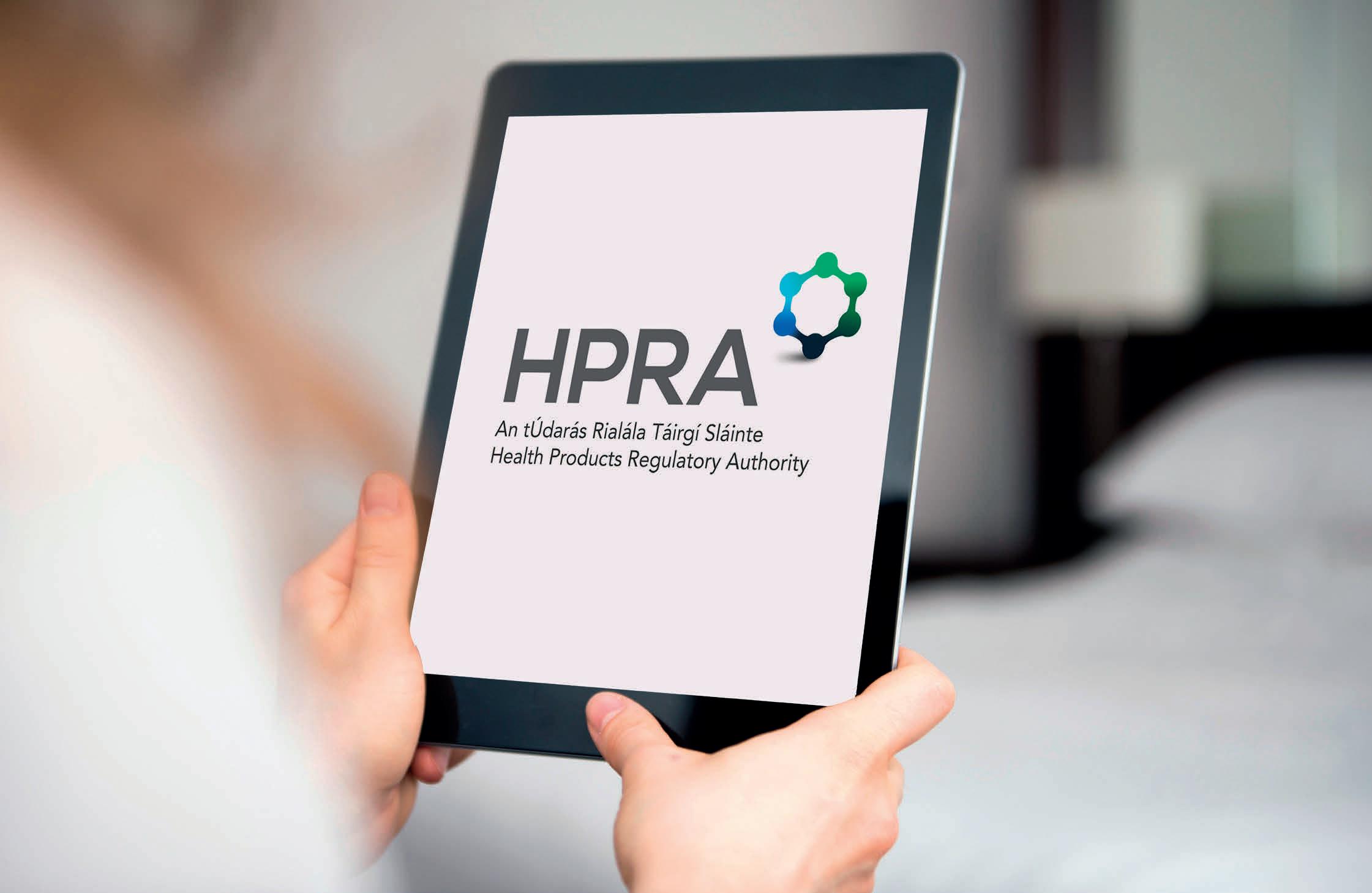
3 minute read
Dryness and sensitive skin and membranes
Vaginal dryness, dry eyes and dry mouth are issues women typically experience around and after menopause. Omega 7 Pharma Nord is a formula developed to help maintain healthy and well hydrated mucosa at this stage of life.
• Scientifically documented
• Suited for vegetarians and vegans
• With vitamin A that supports normal skin, vision, and mucous membranes www.pharmanord.ie
Omega 7 Pharma Nord contains the SBA24 extract that is made from both the berries and seeds of sea buckthorn to ensure the widest spectrum of beneficial nutrients.
Sea buckthorn is one of nature’s richest sources of vitamin A, a nutrient that is best known for its ability to maintain normal skin, vision, and mucous membranes.
A new qualitative study from researchers at the School of Nursing and Midwifery at Trinity College Dublin provides, for the first time, a depth of understanding of the everyday experience of the Covid-19 pandemic for older people in Ireland. As we move into the winter months and the possibility of further restrictive measures, the findings from the study provide important evidence that policymakers and Government should be mindful of regarding future possible public health restrictions, said the authors.
The report, launched recently in partnership with Safeguarding Ireland, found that older people made significant efforts to self-protect from Covid-19. However, this was at the expense of their physical and/ or mental health. While public health restrictions applied to the entire population, older
Diabetes
people were advised to follow guidance which limited their daily lives.
Unlike previous reports, participants gave a first-hand account of their experience and described their careful efforts to self-protect. The resilience of older people is a dominant feature of the report. The collection of data occurred between January and March 2021.
Key findings include:
Older people made substantial changes to their daily lives to comply with the Covid-19 shielding guidance.
Covid-19 had significant impacts on the health of older people in the community.
Older people reported a general stoic approach to living in the pandemic and they demonstrated resilience in multiple ways.
The use of technology assisted in managing social and practical activities, however, its use, satisfaction and familiarity differed within the participants in the study.
Older people need more integrated support systems which maintain their personal, health and social needs.
Consideration needs to be given to pandemic-related information to avoid information fatigue, misinformation, and confusion.
Post-pandemic rehabilitation will be required to focus on restoring lost physical ability and address the consequences of social isolation and loneliness.
There is a need to ensure that ageist approaches do not underpin guidance. The rights of autonomy and self-determination need to be central considerations in future similar crises.
Prof Amanda Phelan, Professor in Ageing and Community Nursing and Principal Investigator of the study, said: “Older people have made significant efforts to self-protect in the pandemic, however, there has been consequences for both their physical and mental health. The impact has been most profound in the older age groups due a disproportionate impact in mortality and morbidity rates. We need a short-term plan of engaging in rehabilitation through comprehensive geriatric assessments and care plans. While our study did not highlight safeguarding issues, it is also important to acknowledge that the conditions of the pandemic exacerbated elder abuse risk factors, and this may be occurring in Ireland under the radar of our data. Thus, a focus on awareness, prevention and early intervention are key considerations.”
To view the report, visit: https://www.tcd.ie/tcphi/assets/ pdf/older-people-shielding.pdf
New resource supports pharmacists in tackling public health threat of diabetes
The role that pharmacists can play in preventing the projected rise in diabetes to 700 million people by 2045 is highlighted in a new resource released by the International Pharmaceutical Federation (FIP). Diabetes prevention, screening and management: A handbook for pharmacists provides information on the wide range of pharmaceutical services that pharmacists can provide to reduce the global burden of this disease.
“It is imperative to ensure the healthcare workforce is prepared to care for people with diabetes and those at risk. In 2019, more than half of the 463 million adults with diabe - tes were not aware they had it. While pharmacists are primarily trained to address health concerns through pharmacological means, they also have the necessary skills and knowledge to provide prevention and screening services,” said Mr Paul Sinclair, Chair, FIP Board of Pharmaceutical Practice.
“By leveraging their accessibility and the trust the public has in them, pharmacists can promote the importance of following a healthy lifestyle, including consuming a healthy diet and participating in regular physical activity — particularly important measures to prevent the development of type 2 diabetes, which accounts for
90-to-95 per cent of cases. This new FIP publication is part of the Federation’s new Practice Transformation Programme on Non-Communicable Diseases,” Mr Sinclair said.
In addition to prevention, screening and referral, the new FIP handbook covers medicines management, non-pharmacological management and advice, and prevention and management of complications such as diabetic neuropathy and retinopathy. It also addresses barriers to providing diabetes services.
“You need only spend a few minutes at your local pharmacy to appreciate the significant role the community pharmacist plays in supporting community health. Pharmacists are active members of the healthcare team, providing trusted advice into a community to which, more often than not, they also belong. From a diabetes care perspective, it is a key role,” said Prof Andrew Boulton, President, International Diabetes Federation.
He added: “Advice, of course, should be based on the best available evidence. This publication from the International Pharmaceutical Federation provides pharmacists with everything they need to know to help guide community members to make healthy choices and adopt healthy habits.”









